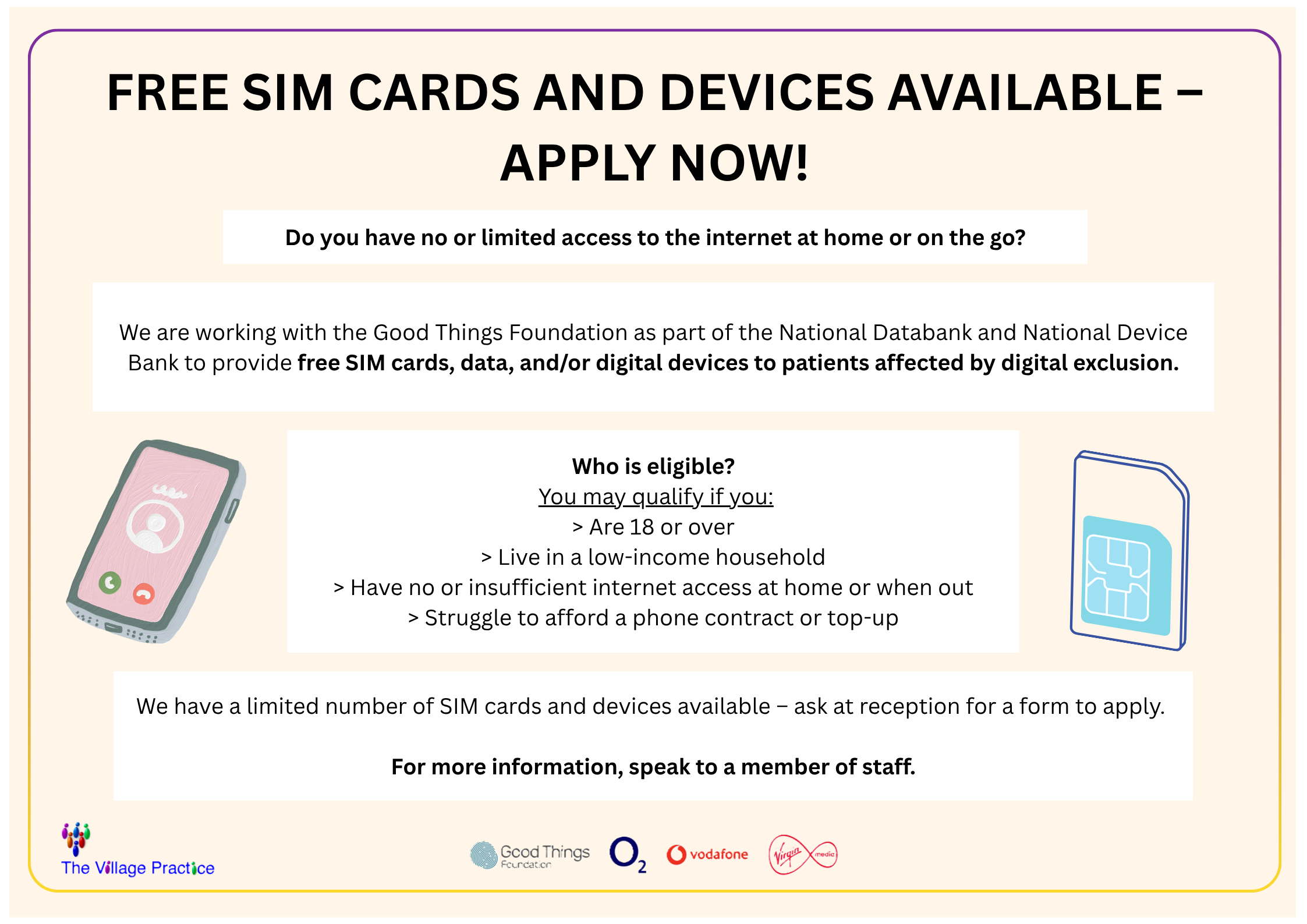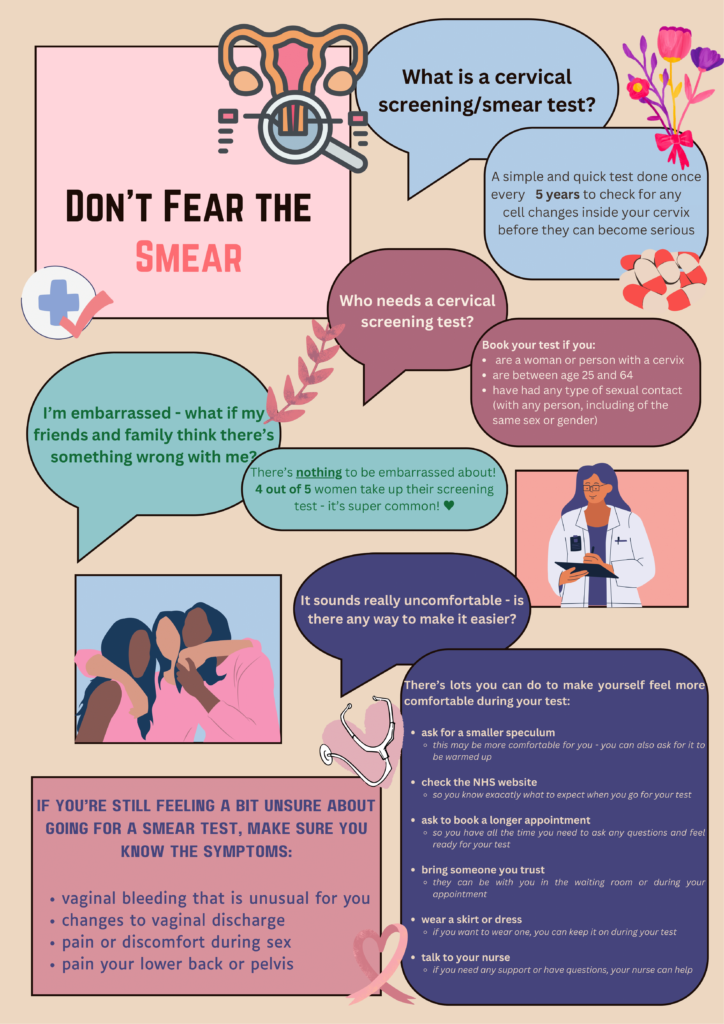Stop smoking services at the Village Practice
We have trained practitioners who can support patients to stop smoking. We can also offer advice and support prescriptions for ‘Nicotine Replacement Therapy’ (NRT) products such as patches, gum, lozenges, microtabs, inhalators, nasal sprays and mouth sprays.
If patients have tried these products in the past and do not feel they are effective, we are able to refer patients to Breathe (https://www.breathestopsmoking.org/), the stop smoking service for Islington. As well as offering advice and support Breathe are also able to prescribe patients; Cytisine tablets, Varenicline tablets or vapes, if deemed appropriate. Patients can also self-refer to the Breathe.
Other Useful Stop Smoking sites:
- NHS Smoking Helpline: Call the free Smokefree National Helpline on 0300 123 1044 (lines are open from 9am to 8pm Monday to Friday, and 11am to 4pm Saturday and Sunday).
- NHS stop smoking app: The free NHS Quit Smoking app is designed to provide you with personalised support to help you quit smoking for good.
- Smokefree– Accommodation, Dining, Drinking and Functions in a totally Smokefree environment.
- Gosmokefree – This website contains detailed information about the free NHS support services.
- Quit Org. – Quit is the independent charity whose aim is to save lives by helping smokers to stop.
- Calculate my savings – Calculate the money you will save with this cost calculator.
- ASH – Action on Smoking and Health (ASH) is a campaigning public health charity.
- Stop smoking in pregnancy – The NHS has specific advice for those wanting to quit in pregnancy.

Benefits of stopping smoking – NHS Better Health




